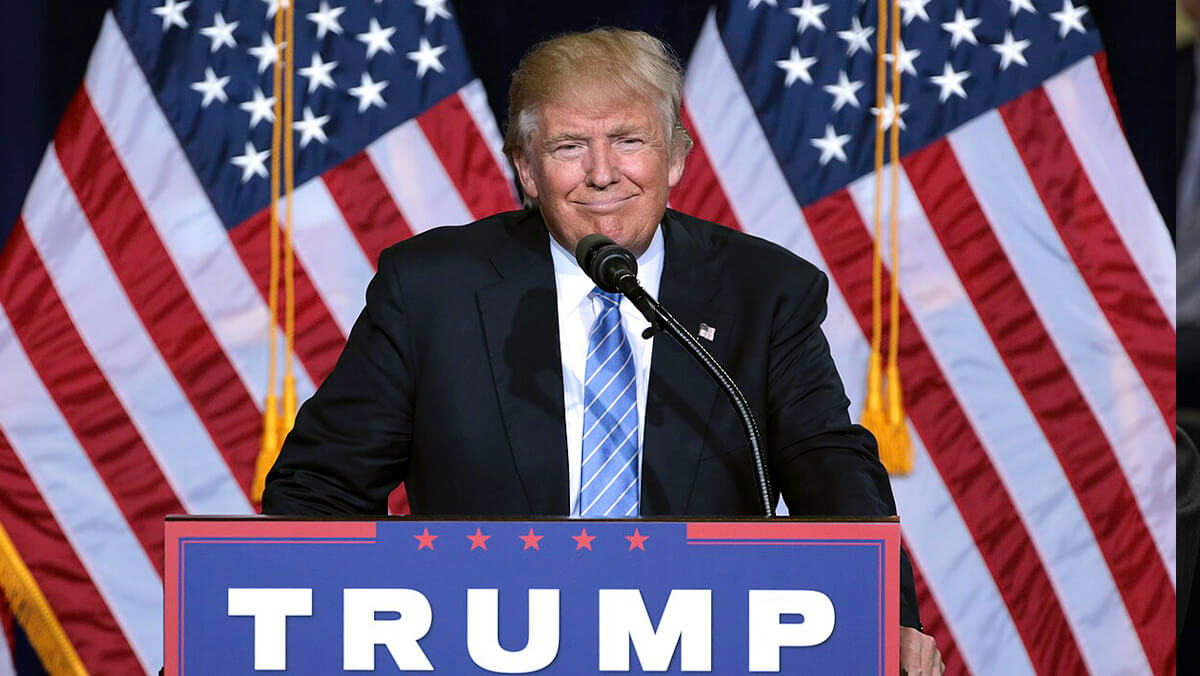President Donald Trump expressed marked satisfaction in a recent press interaction when informed of the revised opinion by a top global economist on his administration's tariff policies. During the press conference, Trump was questioned about Apollo Global Management chief economist Torsten Sløk's statement suggesting that the president may have "outsmarted everyone" with his approach to tariffs.
The change in sentiment from Sløk arrived at a time when financial markets were experiencing a significant upswing. Both the S&P 500 and Nasdaq closed at record highs, which could be seen as an endorsement of the current economic climate, heavily influenced by trade policies. This provided a supportive backdrop for Trump's triumphant moment.
"I love this. I love this question. This is my favorite. This is the best question I've ever been asked because I've been going through abuse for years on this," Trump stated during the exchange. His remarks underscored a sense of vindication after facing prolonged criticism over his trade strategies.
Trump has long been a proponent of using tariffs as a tool to renegotiate trade deals and bolster American industry. His administration has imposed tariffs on a wide range of imported goods, most notably from China, which has led to a tit-for-tat trade war and global economic ripples. Critics have argued that these tariffs would lead to higher consumer prices and could potentially trigger a recession.
However, Trump dismissed these claims with confidence, highlighting the financial gains of his policy. "Because, as you know, we're taking in hundreds of billions of dollars, no inflation whatsoever," he declared. When questioned about the economic downturn naysayers, Trump's retort was dismissive, suggesting that they should "go back to business school."
The president's emphasis on revenue generation through international trade was further bolstered by Sløk's analysis. The economist's report speculated on sustaining 30 percent tariffs on China and 10 percent on other nations, presenting a strategy that could simultaneously yield fiscal benefits for the U.S. and maintain diplomatic relations.
Sløk's recommendation to extend the current 90-day suspension of "reciprocal tariffs" to a year was intended to provide markets with time to adjust to permanently higher tariff structures. This move, according to Sløk, could generate an estimated $400 billion in annual revenue for American taxpayers and still be acceptable to international trade partners.
The economist's acknowledgment of the strategic success of Trump's tariff policies marked a notable shift from his earlier skepticism. "Maybe the administration has outsmarted all of us," Sløk concluded in his report, a sentiment that clearly resonated with Trump and his supporters.
As the administration prepares for the upcoming deadline on tariff suspensions, the market's response, coupled with Sløk's reversed stance, may influence the next phase of trade policy. This unfolding scenario will have significant implications not only for the U.S. economy but also for global trade dynamics.





